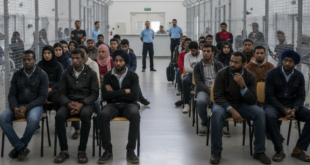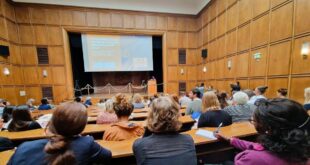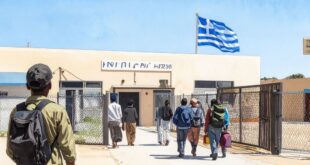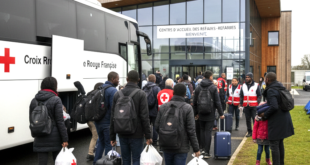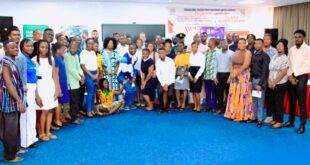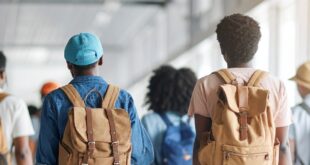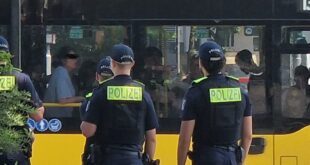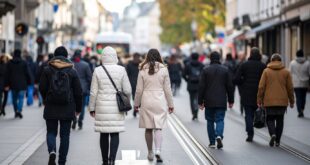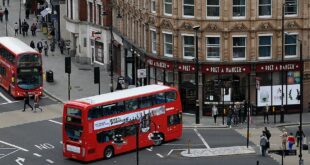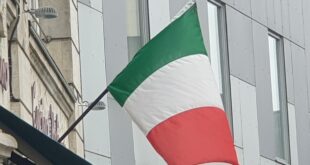Early on the morning of Boxing Day (26 December), rescue workers spotted more than 130 migrants stranded in the Mediterranean, some 40 kilometres off the coast of Libya. They were sitting in three small dinghies, ill-equipped for the windy winter crossing, when they were finally picked up by Spanish NGO Proactiva Open Arms.
Despite the efforts of African and European governments, collaborating with the UN to repatriate stranded migrants from Libya to their home countries, many continue to make the dangerous journey across the Mediterranean in their bid to reach Europe. One of the rescued migrants, a young Malian, revealed while many Africans continue to risk their lives in the Mediterranean.
A young migrant from Mali who was recently rescued from the Mediterranean Sea told his rescuers from the NGO SOS Mediterranee: “we risk our lives, but it’s better to drown than to be arrested by the Libyan Navy.”
The young man was among about 370 migrants who were rescued during the night between 25 and 26 December in international waters off the coast of Libya.
“It’s as if we were reliving slavery. Blacks are their slaves, this is what they think in Libya today,” he said.
“We tried to escape” from the Libyans
“When the boat arrived and we saw the Libyan flag, we tried to escape. We were all worried. They didn’t let us get away, they continued to follow us. So that people wouldn’t risk their lives, because there were many women and many children among us, we let them,” the young migrant said.
“No one fell into the water, thank God. On the Libyan ship, they didn’t even give us water or food.”
The young man said he was taken to prison, once he was brought back to Tripoli.
“Repatriation is better than Libyan prisons”
“When we arrived at the port of Tripoli, the humanitarian organizations were there, they took our addresses. Then we were put on buses and they brought us to the prisons,” he told the humanitarian workers.
“The prisons weren’t organized. It was really tight, even sitting down was impossible,” he said.
“You had to walk on top of people. The humanitarian organisations aren’t there. Even getting water was difficult. We would drink slowly because we didn’t know if they would bring us more water afterwards.
“One day they brought us five litres of water, then we went three days without. We started to drink bad water, and they gave us raw pasta to eat. It’s better to be quickly repatriated than to be in Libyan prisons.”
ANSA
 THE AFRICAN COURIER. Reporting Africa and its Diaspora! The African Courier is an international magazine published in Germany to report on Africa and the Diaspora African experience. The first issue of the bimonthly magazine appeared on the newsstands on 15 February 1998. The African Courier is a communication forum for European-African political, economic and cultural exchanges, and a voice for Africa in Europe.
THE AFRICAN COURIER. Reporting Africa and its Diaspora! The African Courier is an international magazine published in Germany to report on Africa and the Diaspora African experience. The first issue of the bimonthly magazine appeared on the newsstands on 15 February 1998. The African Courier is a communication forum for European-African political, economic and cultural exchanges, and a voice for Africa in Europe.



